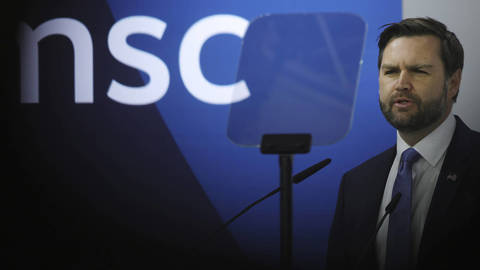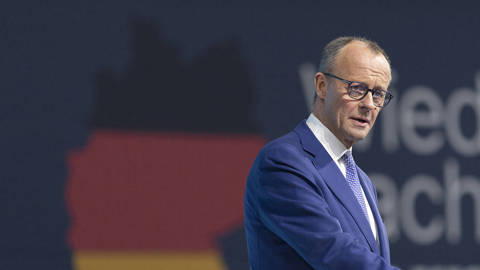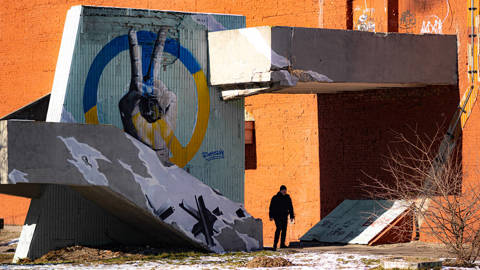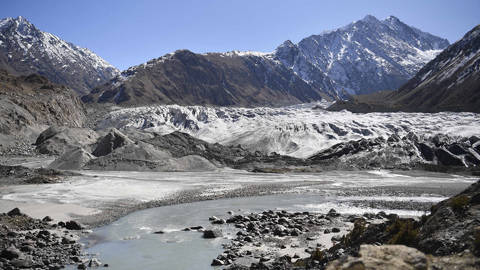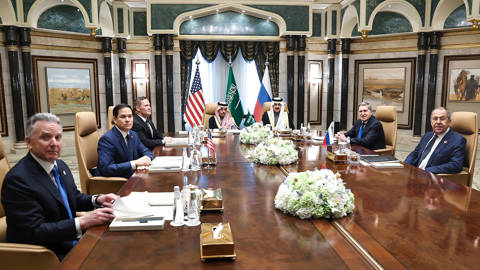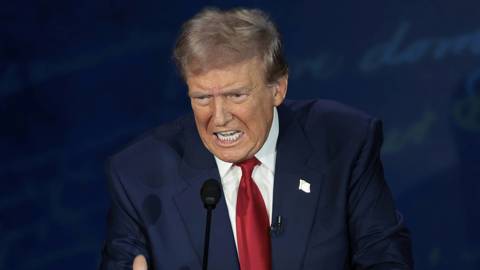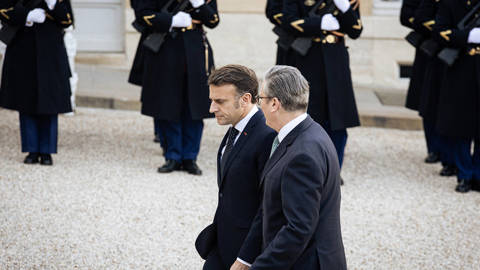Vladislav Inozemtsev
Vladislav Inozemtsev is Founder and Director of Moscow’s Centre for Post-Industrial Studies.
-
Why Putin Should Fear Belarus
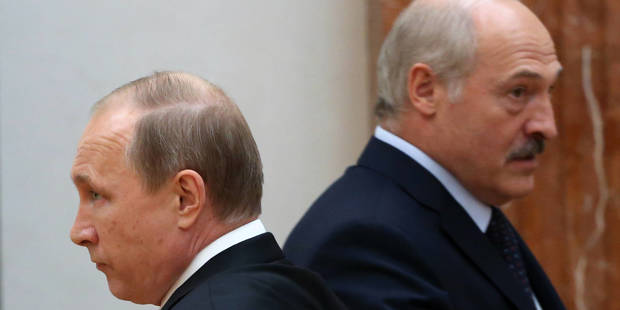
Why Putin Should Fear Belarus
Jul 2, 2020 Vladislav Inozemtsev shows why the country's upcoming presidential election could weaken the Russian leader's regime.
-
Putin Doesn’t Care About Economic Growth
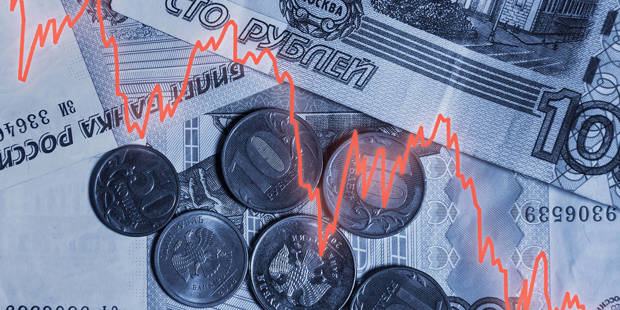
Putin Doesn’t Care About Economic Growth
Jun 27, 2019 Vladislav Inozemtsev predicts that, with liberalization off the agenda, Russia is facing more stagnation or a mild recession.
-
Good Oligarch, Bad Oligarch

Good Oligarch, Bad Oligarch
Jul 31, 2018 Vladislav Inozemtsev calls for more nuance when it comes to identifying which wealthy Russians deserve Western scrutiny.
-
Russia’s Cold War Habit
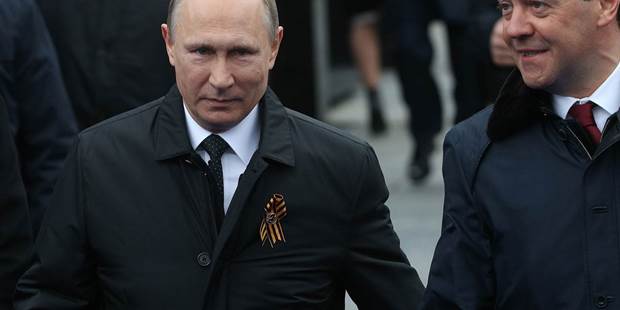
Russia’s Cold War Habit
May 17, 2017 Vladislav Inozemtsev blames Russian leaders for the third major confrontation with the West since the nineteenth century.
-
Russia’s Flirtation With Fascism
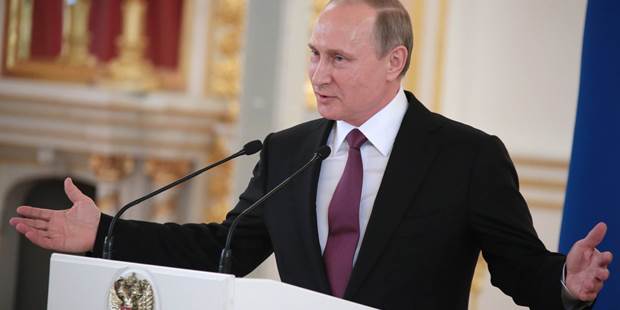
Russia’s Flirtation With Fascism
Jul 29, 2016 Vladislav Inozemtsev characterizes the regime as a tamer version of the model that took hold in interwar Europe.
